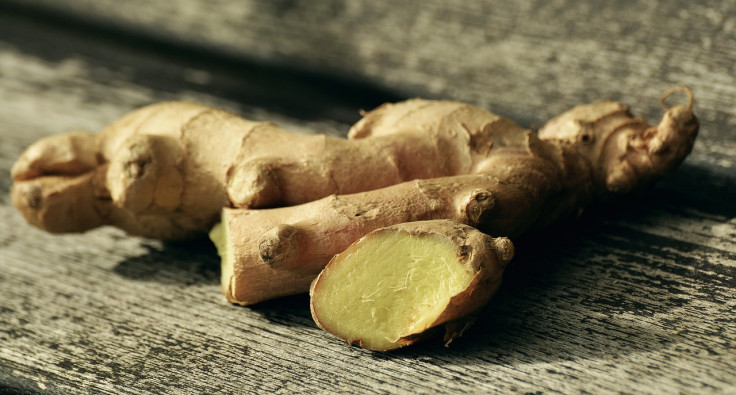Can Ginger Supplements Help In Treating Autoimmune Disorders? Study Says They Reduce Inflammation

Can ginger be potentially used for the treatment of autoimmune disorders? Researchers say ginger supplements can reduce inflammation, a symptom often associated with several autoimmune disorders.
Autoimmune disorder is a condition in which the body attacks its healthy cells by mistake. The treatment usually involves controlling the immune response using immunosuppressants and reducing symptoms such as inflammation.
Researchers of the latest study evaluated the impact of ginger supplements on the type of white blood cells called neutrophils.
Neutrophils release NET or neutrophil extracellular traps in response to triggers such as infections to kill the disease-causing microorganisms. Apart from infections, autoimmune disorders such as lupus, antiphospholipid syndrome and rheumatoid arthritis also induce excessive release of NET, which can result in tissue damage, inflammation and clotting.
When the researchers tested ginger supplements on healthy people and autoimmune mouse models, they found a reduced tendency of neutrophils to undergo NETosis – the cell death mechanism associated with neutrophils.
"There are a lot of diseases where neutrophils are abnormally overactive. We found that ginger can help to restrain NETosis, and this is important because it is a natural supplement that may be helpful to treat inflammation and symptoms for people with several different autoimmune diseases," said Kristen Demoruelle, a senior co-author of the study.
During the clinical trial, the healthy participants were given ginger supplements (20 mg of gingerols/day) for a week. The participants showed an increase in a chemical called cAMP within the neutrophil. The increase in cAMP eventually helped to inhibit NETosis when they were exposed to triggers associated with specific diseases.
"Our study included healthy people which allowed us to confirm our findings are applicable to people and not just a finding seen in a test tube. The specific pathway of inflammation that we found ginger was able to disrupt was related to a specific type of cell called a neutrophil," Dr. Demoruelle said.
"Our research, for the first time, provides evidence for the biological mechanism that underlies ginger's apparent anti-inflammatory properties in people," senior co-author Jason Knight noted.
Researchers hope the findings will pave the way for more discussions about the potential benefits of including ginger supplements in the treatment of autoimmune disorders.
Published by Medicaldaily.com



























